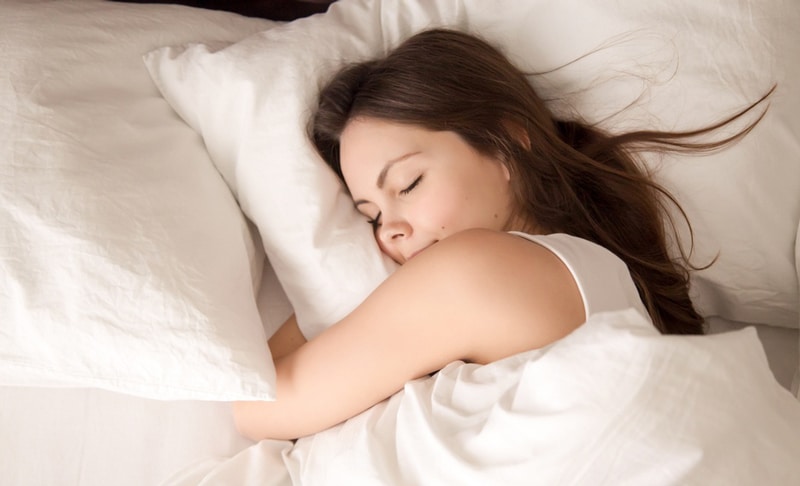
Understanding Sleep Apnea
What is Sleep Apnea?
Sleep apnea is a sleep disorder characterized by repetitive pauses in breathing during sleep. These pauses, known as apneas, can last for a few seconds to minutes and may occur multiple times throughout the night. The two main types of sleep apnea are Obstructive Sleep Apnea (OSA) and Central Sleep Apnea.Types of Sleep Apnea
- Obstructive Sleep Apnea (OSA): This is the most common type, occurring when the throat muscles relax, leading to airway blockage.
- Central Sleep Apnea: This type is less common and occurs when the brain fails to send the right signals to the muscles responsible for controlling breathing.
Recognizing the Symptoms
Common Symptoms of Sleep Apnea
- Loud and persistent snoring
- Episodes of breathing cessation witnessed by others
- Gasping or choking during sleep
- Excessive daytime sleepiness
- Morning headaches
- Difficulty concentrating
- Irritability and mood changes
When to Seek Medical Advice
If you or your partner notice any of the mentioned symptoms persistently, it is crucial to seek medical advice. Sleep apnea can lead to serious health issues if left untreated.Unraveling the Causes
Obstructive Sleep Apnea (OSA) Causes
OSA is often a result of the following factors:- Excess weight and obesity
- Thick neck circumference
- Narrowed airway due to genetics or enlarged tonsils
- Age-related factors
Central Sleep Apnea Causes
Central sleep apnea can be caused by:- Heart disorders
- Brainstem injuries or diseases
- Certain medications
Complex/Mixed Sleep Apnea Causes
Complex sleep apnea may occur when a person has a combination of both obstructive and central sleep apnea.Diagnosing Sleep Apnea
Sleep Study: Polysomnography
Polysomnography is a comprehensive sleep study conducted at a sleep center. It monitors various body functions during sleep to diagnose sleep disorders accurately.Home Sleep Apnea Test (HSAT)
For milder cases, a home sleep apnea test may be recommended. It involves the use of portable devices to measure breathing patterns during sleep.Lifestyle Changes for Better Sleep
Maintain a Consistent Sleep Schedule
Having a regular sleep schedule helps regulate your body’s internal clock, promoting better sleep.Create a Relaxing Bedtime Routine
Engaging in calming activities before bedtime, such as reading or meditation, prepares the mind for sleep.Optimize Sleep Environment
A comfortable and dark sleep environment promotes uninterrupted rest.Limit Electronic Devices Before Bed
The blue light emitted by electronic devices can disrupt sleep patterns, so it’s best to avoid them before bedtime.Manage Stress and Anxiety
Practicing relaxation techniques and stress management can alleviate sleep problems caused by anxiety.Sleep Position and Pillow Support
Adjusting sleep position and using the right pillow can help maintain an open airway and reduce snoring.Weight Management and Exercise
Losing weight can significantly improve sleep apnea symptoms, especially for those with OSA.Avoiding Alcohol, Smoking, and Sedatives
These substances can relax throat muscles, exacerbating sleep apnea symptoms.Using Continuous Positive Airway Pressure (CPAP) Therapy
CPAP therapy involves wearing a mask that delivers continuous air pressure, keeping the airway open during sleep.Oral Appliances for Sleep Apnea
Dentists can provide custom-made oral appliances that reposition the jaw and tongue to improve airflow.Surgery as a Treatment Option
In some cases, surgery may be considered to remove excess tissues from the throat or correct structural issues.Positional Therapy
Positional therapy involves training to sleep in positions that reduce sleep apnea events.Combining Therapies for Best Results
A combination of lifestyle changes, CPAP therapy, and oral appliances may yield the best results.Partner Support and Communication
Support from a partner or family member can greatly assist individuals in managing their sleep apnea.Seeking Professional Help
If self-help strategies don’t improve sleep apnea symptoms, consulting a sleep specialist is essential.The Surprising Benefits of Sleep for Your Health
Conclusion
Conquering sleep apnea is possible with the right knowledge and strategies. By understanding the types, symptoms, and causes of sleep apnea, individuals can take proactive steps toward better sleep and overall well-being. Implementing lifestyle changes, using appropriate therapies, and seeking professional help when needed can lead to improved sleep quality and a healthier life.Can Sleep Apnea Medications Affect the Effectiveness of Emergency Contraception?
Sleep apnea medications should not affect the effectiveness of emergency contraception methods. These medications are primarily designed to treat sleep-disordered breathing and do not interfere with hormonal contraception or emergency contraceptives. However, it is always advisable to consult healthcare professionals and read the medication’s information leaflet for a comprehensive understanding of their potential effects.
